The Best Foods To Reduce Stomach Bloat
Cramping, excessive gas, and sharp pains in the abdomen can all be symptoms a patient endures when suffering from stomach bloat. Stomach bloat occurs when gas fails to leave the body either through flatulence or belching, but instead builds up inside of the intestines or stomach and results in mild to severe bloating. Many doctors believe bloating is related to stress levels, gastrointestinal issues, smoking, and processed foods. Fatty foods, such as hamburgers, fried chicken, and desserts, often contain saturated and trans fats, which may increase the full feeling a patient may experience. However, this delays the natural emptying process of the digestive system.
The Natural Healer: Water
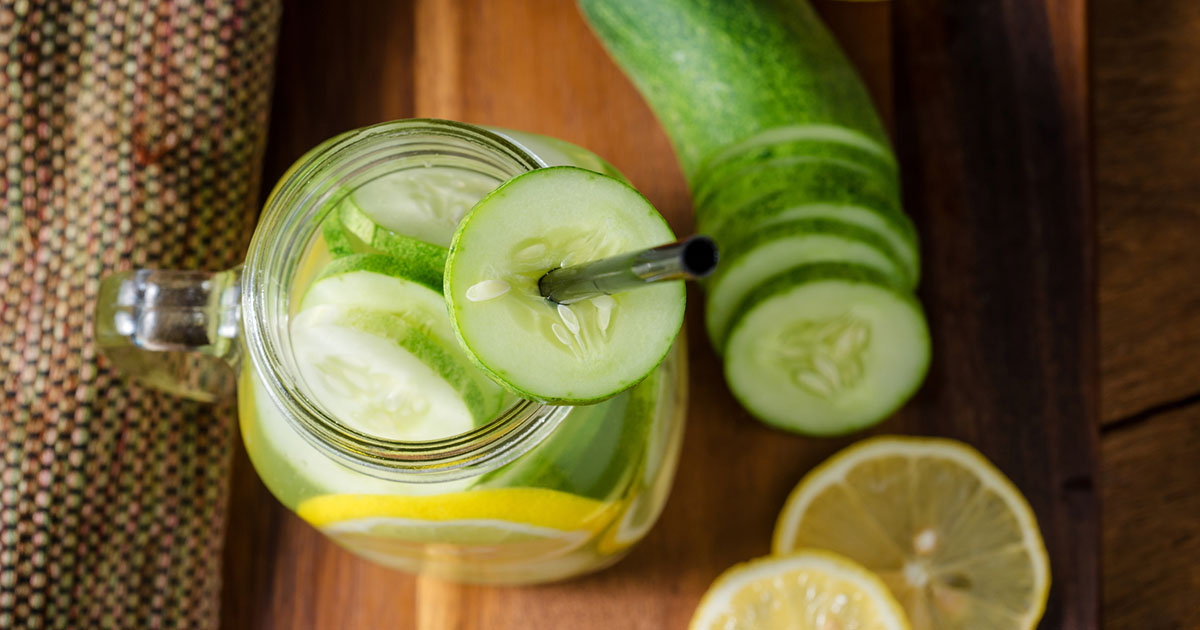
Although most individuals believe water retention in the body is the main culprit for stomach bloat, studies show drinking water and increasing hydration levels in the body can actually eliminate stomach bloat and aid in digestion. However, to truly help the digestive tract, try adding lemon or cucumber to water for an extra boost with gestational aid. Lemon is considered a natural diuretic, meaning it helps the body flush out toxins through urination, and a gentle laxative when added to warm water. Lemon in water also helps to reduce the amount of salt retained in the body, which could be the cause of stomach bloat in some individuals. Cucumber is another wonderful water-based vegetable that helps the body flush out the extra salt content it may be retaining. Cucumbers are made up of ninety-six percent water, which aids with digestion, hydration, and getting rid of the uncomfortable bloated feeling many patients experience.
Coconut water is another type of water that is miraculous and delicious in its own right. The potassium content in coconut water is what truly helps to regulate electrolyte levels and keep the body hydrated, as well as de-bloat the stomach and flush out toxins within the body. For instance, one cup of coconut water has six-hundred milligrams of potassium compared to a banana’s four hundred-twenty two milligrams, making it a superb choice to eliminate stomach bloat.
Gaga For Ginger
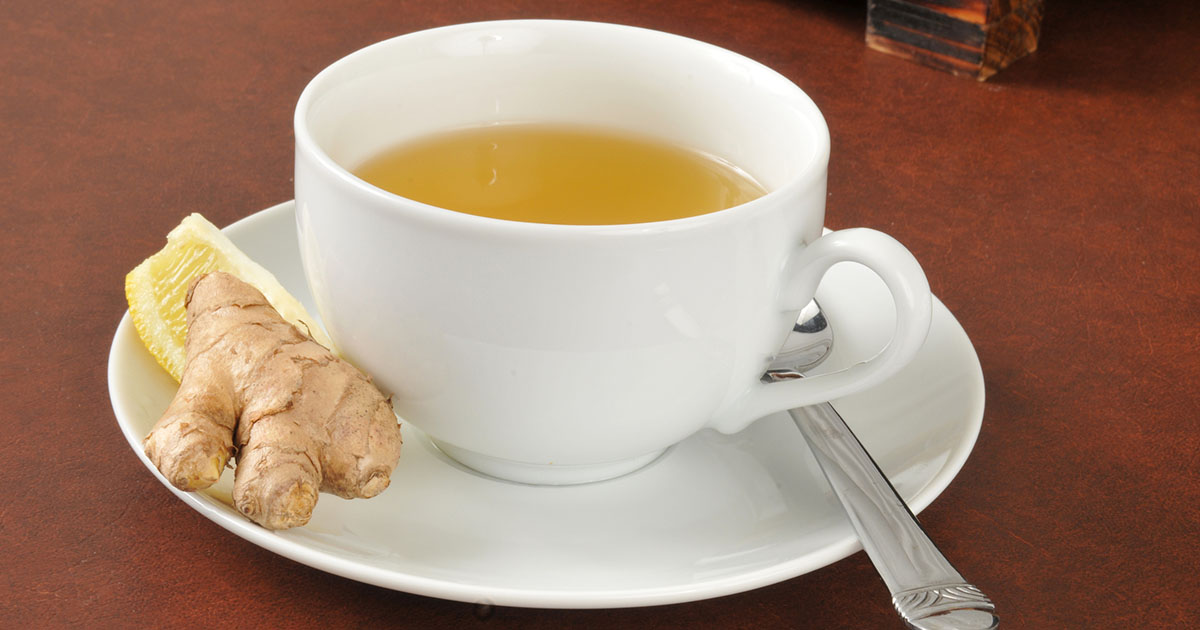
One of the mightest roots widely available on the market today, ginger, is known to aid with gastrointestinal indigestion (GI) issues, such as bloating, nausea, gas, and digestive problems. This is due to its gingerols and shogaols - the key elements in ginger helping the stomach to release gas - as these make ginger a carminative which is a drug to relieve flatulence. Ginger aids to digestive tract by toning muscles in the intestine and stimulating the breakdown of food particles, which can help reduce gas pains. A small amount, such as a ½ teaspoon of chopped or grated ginger can do the trick to aid with stomach bloating in most patients. Ginger can be combined with green or peppermint tea to increase the effectiveness of reducing bloat. It can also be added to a smoothie for the same effect.
Rejuvenating Rosemary & Turmeric
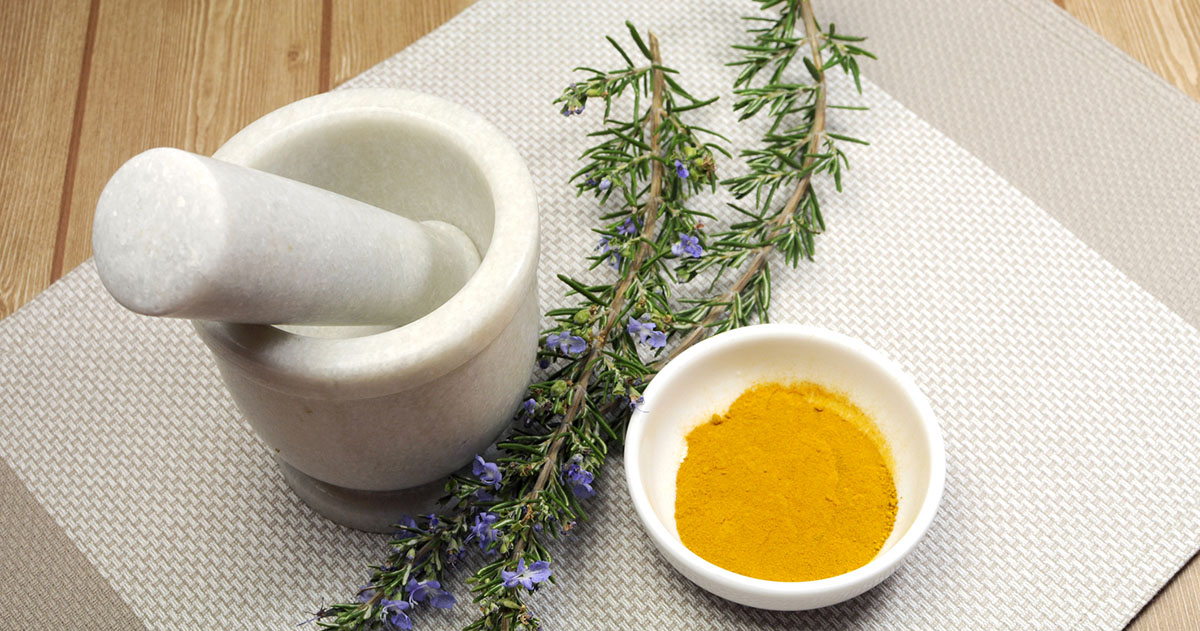
Rosemary is a herb used as a remedy for numerous illnesses, such as heartburn, headaches, toothaches, and high blood pressure. Rosemary can also be used to treat intestinal gas and remedies digestion issues such as bloating. Rosemary can be steeped into tea or combined with other digestion aids such as celery and parsley to create a flavorful cooking broth. Turmeric, an ancient spiced highly valued in many parts of South and East Asia, is known for its ability to fight pain and inflammation, as well as a key spice with helping upset stomach and reducing stomach bloat. This bright yellow spice is excellent in curry or for adding spice to other foods.
The Power Of Peppermint & Green Tea
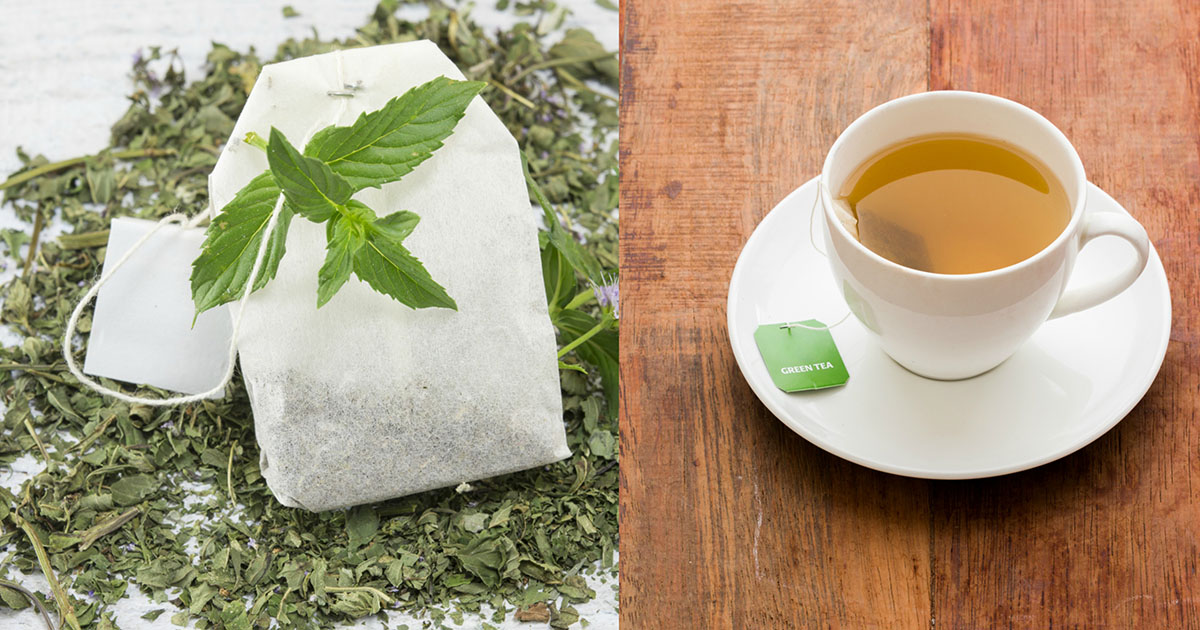
Used for centuries as natural remedies for numerous ailments, but also to help the digestive tract, peppermint tea has the healing properties of methanol, which helps food particles and other bacteria move along the digestive tract. Peppermint is also incredibly useful for curbing food cravings throughout the day, especially at night, when many of us crave overly salty and sugary foods such as chips and cookies, which often lead to bloating.
Green tea is not only fantastic for quenching thirst, but it also boosts metabolism and acts like a prebiotic for the body, which is non-digestible food fibers that stimulate the growth of good bacteria in the gut. Green tea can be drunk either hot or cold, and due to its powerful antioxidant properties, green tea is believed to increase urination and reduce excess water the body may be retaining, which can aid in the typical symptoms of abdominal pain, cramping, and feeling overly full.
Crushing It With Celery & Herbs
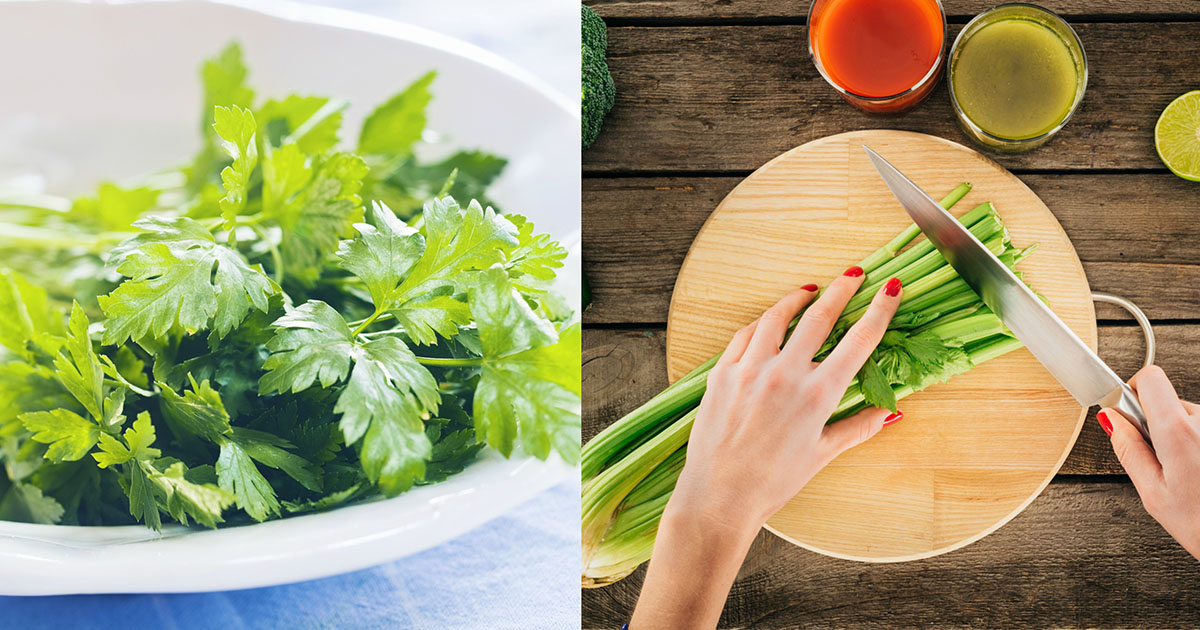
This crunchy vegetable has been used as a digestive aid to control intestinal gas and regulate bowel movements due to its chemical components, which are known to decrease fluid retention. Celery has a high water content with a detoxing system, which, similar to cucumber, helps to purge the body of toxins such as salt and sugar. Try consuming cooked vegetables rather than raw, as the fiber structure in celery becomes broken down once cooked, making it easier to digest, as some vegetables when consumed raw, such as celery, can cause more bloating for some individuals.
Other leafy greens, such as cilantro and parsley, also help the digestive tract remain healthy, as both contain beneficial enzymes and phytonutrients that are natural remedies for typical GI issues. Parsley in particular acts as a natural diuretic for flushing out extra water and toxins through the body's digestive system. Both herbs offer a natural flavor substitute for salt when cooking meals.
Magnificent Melons
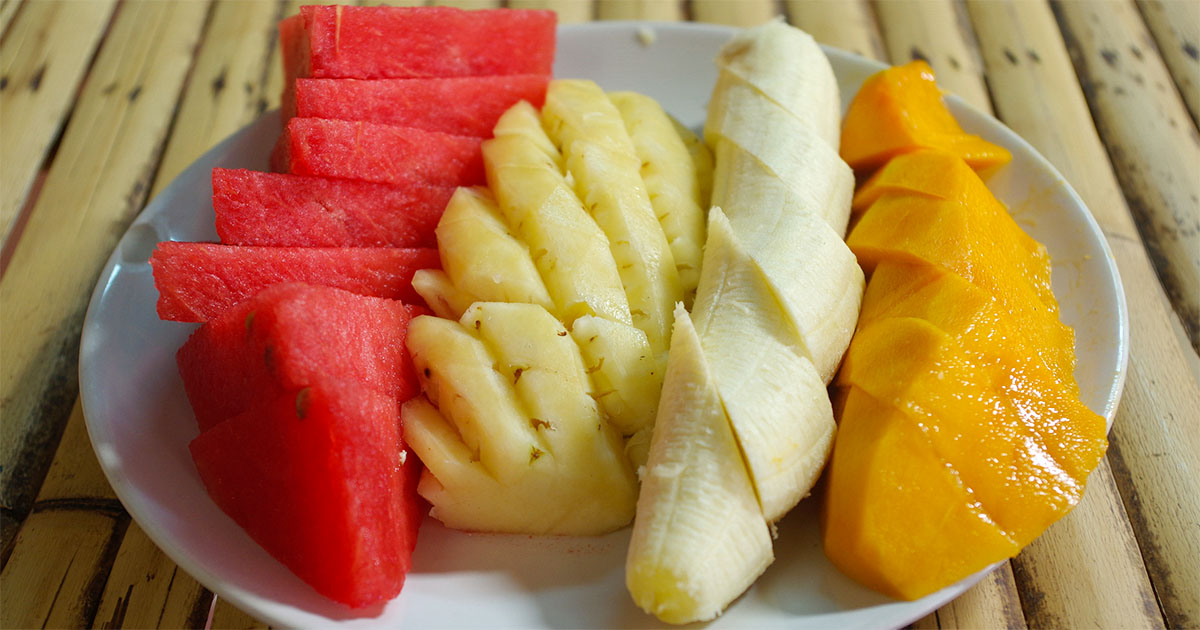
Tropical and refreshing fruits, such as melons, pineapples, and bananas, are all natural remedies for individuals suffering from gestational bloat. Melon, such as watermelon, honeydew, and cantaloupe, have an incredibly high water content, which helps with hydration and reducing bloat in the abdomen. Experts suggest individuals try to reach or exceed the five recommended servings of fruits and vegetables per day, and add extra a variety of melons to this intake, especially when feeling bloated. For instance, enjoy a cup of melon with breakfast, or have cut up melon throughout the day to help regulate the digestional tract. Individuals can also try adding watermelon, cantaloupe, or honeydew to a smoothie, for an extra boost of hydration that is super tasty!
Put Your Trust In Tropical Fruit
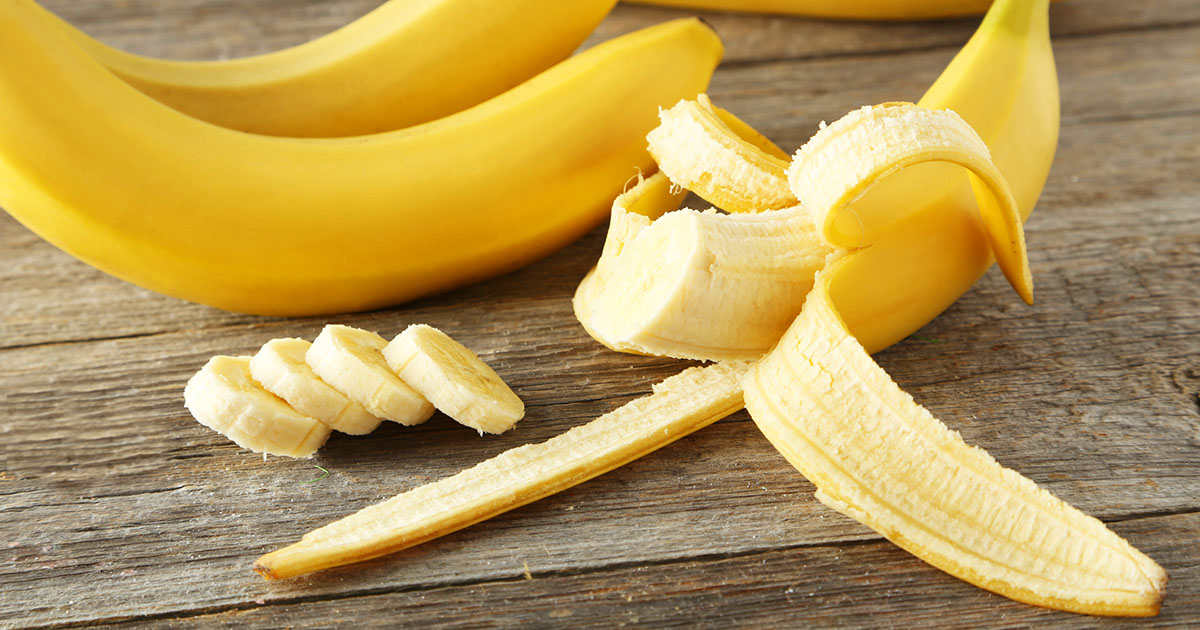
Pineapple contains a digestive enzyme called bromelain, which helps the body break down protein that can cause stomach problems. The stem and core of the fruit contain the highest concentration of the enzyme, therefore, try juicing the core and drinking it solo or adding it to a smoothie.
As mentioned previously, potassium is a natural nutrient that aids in reducing stomach bloat and digestive issues. The potassium found in bananas regulates the body’s electrolyte levels and increases hydration, which counters the negative effects of processed foods. For example, sodium found in most processed foods, retains all the water in the body, whereas potassium has the reverse effect and hydrates the body.
Coocoo For Kefir
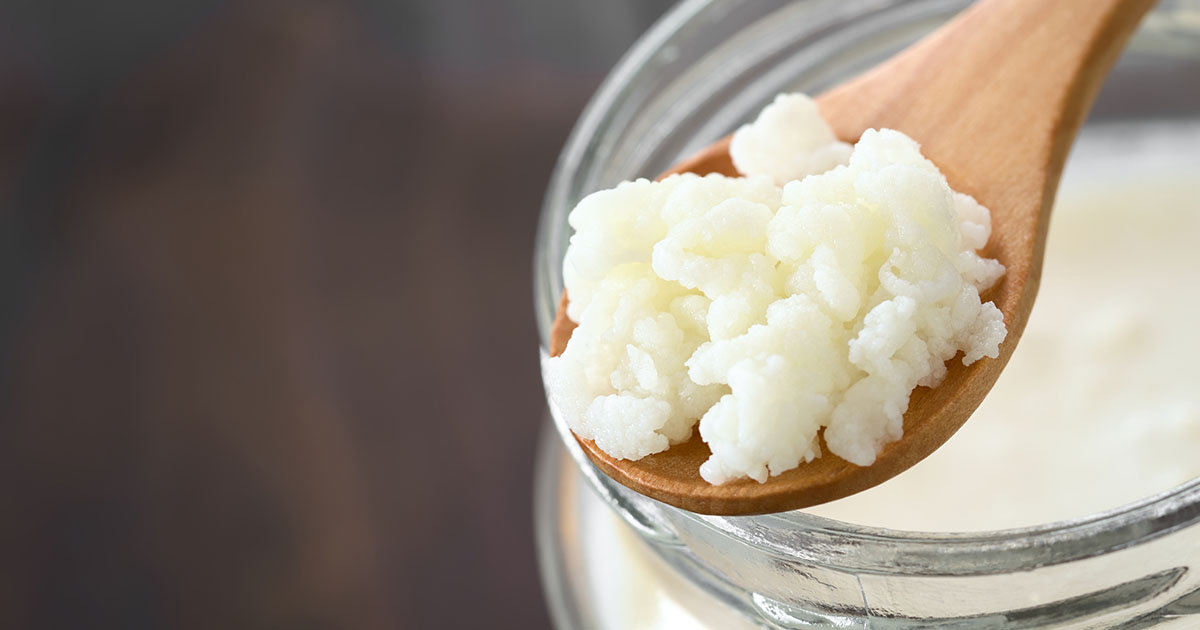
The rock star of probiotics, kefir offers an incredible probiotic content compared to regular yogurt, as the fermented dairy product can pack up to twelve billion units of good bacteria for the gut in one eight-ounce serving. Probiotics help maintain and regulate a healthy digestive system as they contain ‘the healthy bacteria’ the digestive system needs, which can result in less gas and bloat found in the digestive tract, and less pain for the patient. Kefir also makes a wonderful addition to a smoothie due to its creamy and smooth texture, or it can be consumed as it is.
